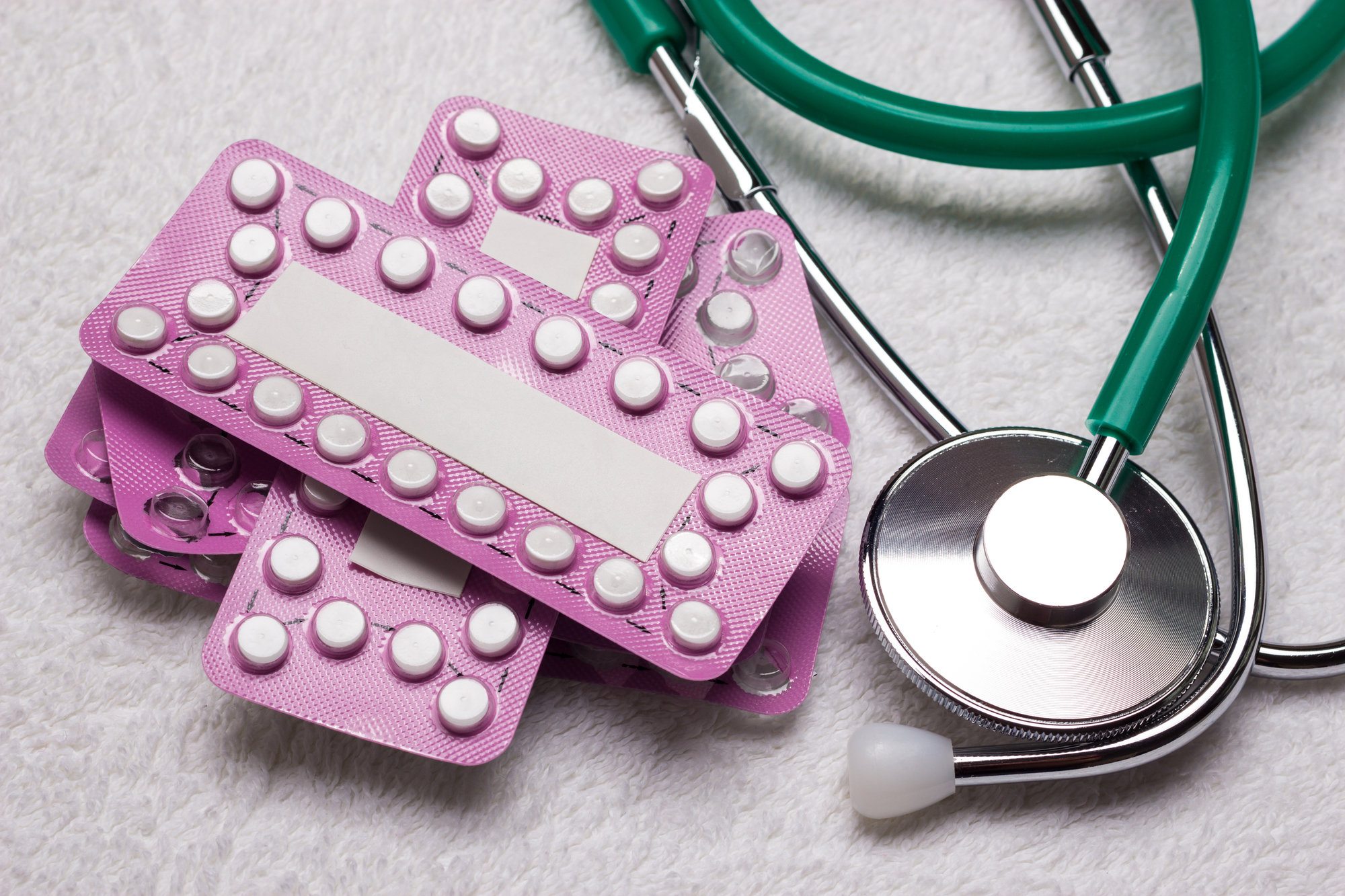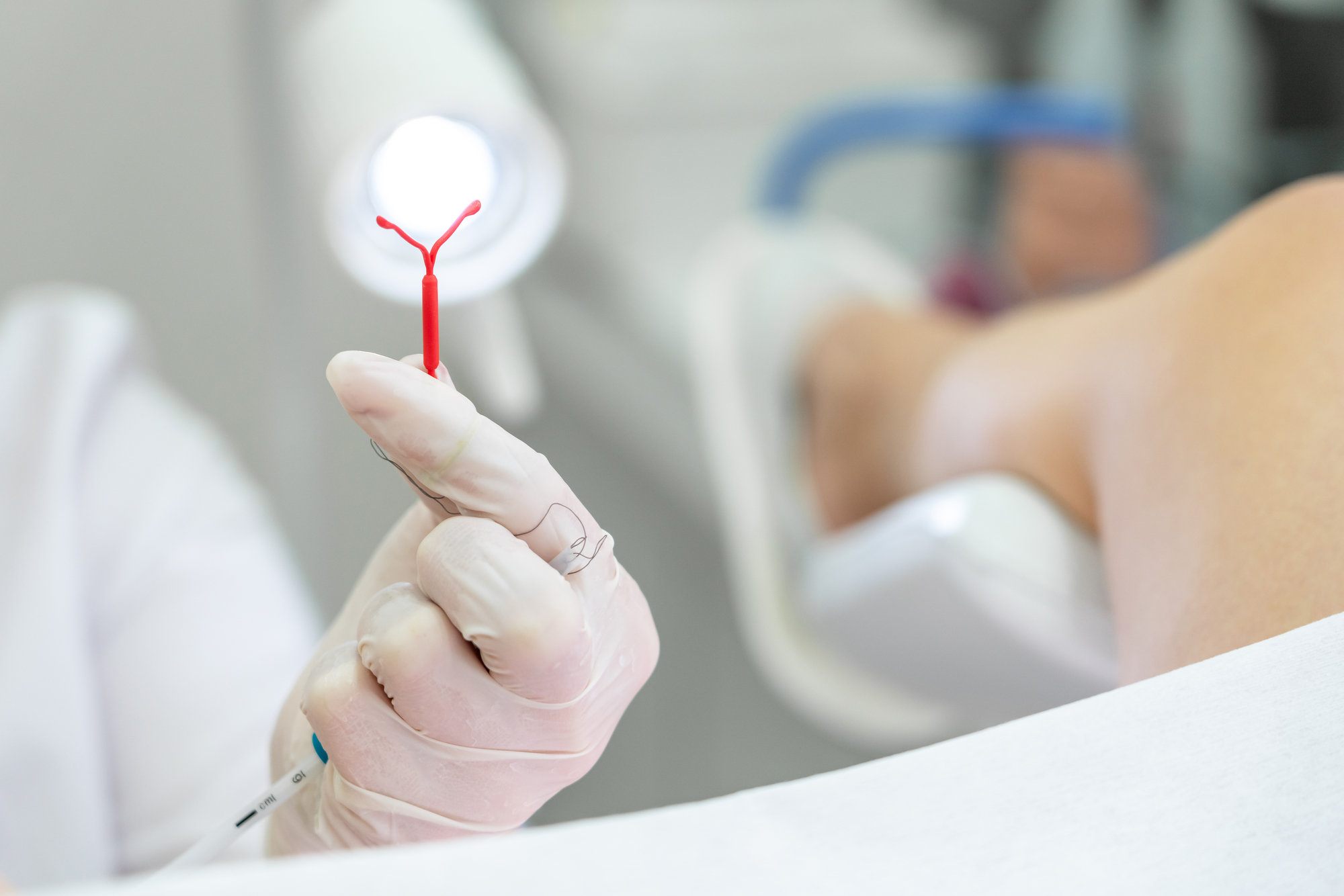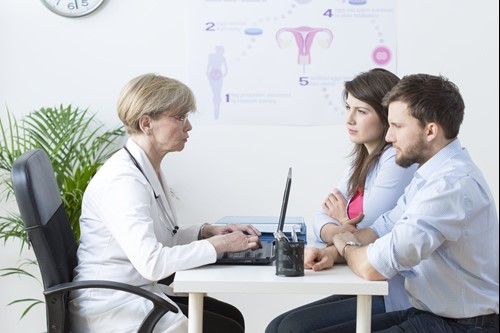
What is Gynecology?
Doctors who specialize in the reproductive system of a woman are known as gynecologists. These doctors are specialists who are able to provide specific care for a woman’s specific needs related to the vagina, cervix, ovaries, and hormones. Special knowledge includes:
-
- Female general health including hormones, reproductive organs, breasts, and sexual function
- Preconception health and wellbeing to enable a healthy baby to be conceived
- Care during pregnancy and labor ensuring a baby is born properly
- Postpartum care following birth
- Menopause and its effects
- Cancer screening for cervical and ovarian cancer
What Services Does a Gynecologist Provide?
A gynecologist provides care for women outside of pregnancy. This includes care for their reproductive systems and uterus, their hormones, and providing screens to ensure that no major medical issues arise. Numerous tests are available for women that are provided by gynecologists. These include Pap smears, breast exams, cancer screenings, and testing for HPV. Effective reproductive health is required for all women who have been sexually active or have had children. The doctors at Leavitt Women’s Healthcare provide the highest level of care for women and their specific needs. The safe and respectful providers will enable each female patient that they see to have a secure and comfortable experience.
Family Planning
Contraception
How Can I Decide Which Form of Contraception is Right for Me?

The physicians at Leavitt Women’s Healthcare offer a variety of contraception methods to ensure that every patient’s needs are met. Birth control options include birth control pills, IUDs, and implants. Permanent forms of birth control like Essure and tubal ligation are also available to women who have completed their families. This variety of contraception options means women can choose what's best for their needs, their lifestyles, and their comfort levels. Some options include long-acting reversible contraceptives (LARCs) like IUDs and arm implants that may be more convenient, but birth control pills are more familiar and offer additional hormonal benefits. Women should discuss their needs honestly during their consultation to ensure they select the birth control that suits them best.
What is an IUD?

IUD is an acronym for intrauterine device, a T-shaped device that is inserted inside the uterus during a simple, in-office procedure. IUDs are available in hormonal (Mirena®) and non-hormonal options (ParaGard®). Non-hormonal IUDs such as ParaGard are made of copper and work by altering the chemical composition of cervical and uterine fluid and mucus, making the uterus inhospitable to sperm. The Mirena IUDs use slow-release hormones similar to those found in birth control pills to prevent pregnancy. IUDs are effective for between 5-10 years depending on the type used.
What is Nexplanon®?

Nexplanon is a birth control implant which is about the size of a match that is inserted on the inside the patient’s bicep. Nexplanon is effective for up to 3 years, providing constant pregnancy prevention. Many women prefer the implant because it means they do not have to remember to take a pill every day. Once inserted, Nexplanon is over 99% successful at preventing pregnancy although it does not prevent the spread of sexually transmitted infections. If a woman decides that she is ready to become pregnant, Nexplanon can be removed at any time; the implant must be removed and replaced by the end of the third year.
Fertility
What is Infertility?

Infertility is a condition where a man or woman is unable to naturally conceive a child. The diagnosis is generally given to couples who have attempted to become pregnant for 12 months with no success. Women over the age of 35 are diagnosed as infertile after 6 months of attempting to become pregnant without conception. For women, an ovulation disorder is usually to blame. Problems such as endometriosis, pelvic inflammatory disease (PID), uterine fibroids, and egg generation can also cause female infertility. For men, the issue is usually related to the quality or quantity of his sperm.
What Happens During an Infertility Consultation?

Women and their partners will need to have an honest conversation about their health, lifestyle, and attempts to get pregnant. The doctor will collect medical details for both partners attempting to conceive to rule out any other conditions that could impede successful conception. If a woman under the age of 35 has not conceived within a year of having regular, unprotected sex, she and her partner should seek advice. Women over 35 should try for six months before seeking advice. In most cases, further tests will be necessary to diagnose the cause of the fertility issue to help guide the best course of treatment.
What Types of Fertility Treatments are Available?

There are a number of fertility treatments available. The doctor will suggest the treatment that will solve the root cause of the infertility. Treatment may involve intrauterine insemination where the woman’s ovulation cycle is carefully monitored, and sperm is injected directly into the uterus during her most fertile time. In vitro fertilization, also referred to as IVF, is another common, and more complicated, procedure. IVF takes place outside of the womb and is used when other fertility treatments have not resulted in a viable pregnancy. IVF is a multi-step process where eggs are harvested and inseminated outside of the womb before being placed in the uterus during the most hospitable time during a woman’s menstrual cycle. Any additional embryos are frozen for future use if the treatment is not successful.
Treatment of Gynecology Problems
At Leavitt Women's Healthcare, our providers have the experience and knowledge to treat countless problems related to the female body, including (but not limited to) irregular cycles or bleeding, vaginal odor, vaginal itching, pelvic pain, UTIs, and breast lumps and bumps.
Urinary Tract Infection
What Causes UTIs?
Urinary tract infections (UTIs) are caused by bacteria entering and infecting a person’s urethra. UTIs are the primary reason that women are advised to wipe from front to back after using the bathroom. Since the opening to the urethra is located so close to the anus, bacteria from the large intestine can escape the anus and invade the urethra. From there, the bacteria travel through the urethra and urinary tract, and if the infection isn't treated, continue on to infect the bladder and kidneys. Women are more prone than men to develop UTIs because they have shorter urethras allowing bacteria easier access to the bladder. Sexual intercourse can introduce bacteria into the urinary tract, too.
What are Symptoms of UTIs?
Urinary tract infections cause a number of painful or uncomfortable symptoms including:
- A burning feeling during urination
- A frequent or intense urge to urinate accompanied by only small amounts of urine
- Pain or pressure in the back or lower abdomen
- Cloudy, dark, bloody, or strange-smelling urine
- Fatigue
- Fever or chills
How are UTIs Treated?
Patients who experience any of the symptoms listed above and think they have a UTI should make an appointment with the doctors at Leavitt Women’s Healthcare for diagnosis and treatment. Patients will be asked to give a urine sample, which will be tested for UTI-causing bacteria. If a patient has a UTI, the doctor will prescribe an antibiotic to clear the infection. Patients should finish the prescribed cycle of medicine completely, even if they start to feel better. It is also important to drink plenty of water to help flush the bacteria from the urinary tract. The doctor may prescribe medication to ease any pain or may suggest using an over-the-counter painkiller and heating pad to relieve the symptoms. Chronic UTIs may indicate a more serious condition requiring further testing and treatment.

Breast Cancer Screening
The health care providers at Leavitt Women’s Healthcare, in Idaho Falls, Idaho, provide breast cancer screening services to women from throughout southeastern Idaho.
What is a Mammogram?
A mammogram is a diagnostic imaging test used to view the interior tissue of the breasts for signs of cancer. While women are advised to check their own breasts for lumps regularly, mammograms reveal abnormal cells even when lumps cannot be felt. Women are recommended to have annual mammogram screenings from the age of 45, unless a personal or family history of breast cancer necessitates an early start. In addition to revealing cancer before lumps can be felt, mammograms are also used to diagnose the size and spread of abnormal cells when a lump is discovered during a manual exam.
Why are Breast Cancer Screenings Important?
Mammograms are the most effective tests for breast cancer available today. Since breast cancer, like most other cancers and medical conditions, doesn’t cause obvious symptoms in its early and more treatable stages, mammograms are necessary to detect cancerous developments as early as possible. Breast cancer can be more easily treated in the early stages of the disease, so it is imperative to have regular screenings to protect your health, especially if you have a family history of the disease. In addition to having regular mammograms, women should perform monthly manual breast exams at home. Your gynecologist will also manually examine your breasts at your annual well-woman visit.
What are the Signs and Symptoms of Breast Cancer?
The most common signal of breast cancer is a lump of hard tissue in the breast. In addition to lumps, other breast cancer symptoms include breast pain, nipple discharge, a thickening of the skin, or a change in the size or shape of the breast. While women are advised to manually check their own breasts each month, usually at the end of her period, it is important to note that like most cancers and medical conditions, breast cancer does not present symptoms in its early stages, so having routine mammograms is essential to protecting a woman’s health.

Ovarian & Cervical Cancer Screening
Why is it Important to Have Regular Screenings for Ovarian & Cervical Cancer?
Most forms of cancer cause no symptoms in their early and more easily treated stages. The most effective way to diagnose cancer early is to have regular screenings. Women are able to have the simple tests to check for ovarian and cervical cancer during their annual well-woman visits. This is also a great opportunity for a woman to discuss any changes in her health and wellbeing with her doctor, which could reveal symptoms that indicate cancer or another condition that needs medical attention.
What are the Tests to Screen for Ovarian Cancer?
Screening for ovarian cancer is often completed through pelvic exams, blood work, and transvaginal ultrasounds. During a pelvic exam, the doctor can feel for abnormalities in the ovaries. Blood work can reveal a certain chemical produced when ovarian cancer develops, and ultrasounds can reveal tumors on the ovaries. Women at increased risk of developing ovarian cancer are recommended to have the screenings. Risk factors for ovarian cancer include:
- Family history
- Endometriosis
- Never used birth control
- Never been pregnant
- History of breast cancer
What are the Tests for Cervical Cancer?
A pap smear is the best method to identify and diagnose cervical cancer or precancerous growths. Women should begin to have Pap smears at the age of 21 or when they become sexually active, whichever comes first. Women between the ages of 21 and 29 should have a Pap smear every 3 years, then every 5 years between the ages of 30 and 65. However, if a woman is at a higher risk of developing cervical cancer, for example, if she has a family history of cervical cancer or has had abnormal Pap smear results previously, she should be screened more frequently. It is important to be honest about your health history and follow your doctor’s advice on how often to have a Pap smear to protect and preserve your health.
Preventative Care
Preventative care is an important part of women's health. It can make the difference in the treatments and procedures you may need as we take action to catch and prevent certain conditions early. We offer annual exams, breast exams, DOT physicals, and pap smears among our preventative care services.

More info about Pap Smears
What is a Pap Smear?
Pap smears are routine medical screenings for abnormal cells on the cervix. During a pelvic exam, the doctor gently takes a small sample of cells from the cervix during, which is then sent for screening for any abnormal, cancerous, or precancerous cells. This exam is part of the annual wellness exam that many women undertake with their OB/GYN, although most women of childbearing age only need to have a Pap smear once every 3 years. The doctors at Leavitt Women’s Healthcare understand that this process may be uncomfortable or embarrassing for some patients. The practice is dedicated to providing a safe and comfortable environment in which women can obtain their necessary medical care.
Why Do I Need a Pap Smear?
A Pap smear is the most effective way to screen for cervical cancer in its early stages. In addition to the cancer screening completed with a Pap smear, women are often also tested for The Human Papillomavirus (HPV). HPV is a family of viruses that is common and can lead to the development of cervical cancer. Since most sexually active adults carry some strain of HPV, it is crucial to monitor cervical health so that any abnormal cells are identified and treated in the earliest possible stages.
How are Abnormal Pap Smear Results Treated?
If a woman’s Pap smear reveals abnormal cells, she will have a consultation with her doctor. Depending on what condition is identified, treatment may be as simple as prescription antibiotics or an anti-inflammatory medication. If the doctor needs more information about the test results, he or she may order a biopsy to collect a larger sample of cells for a more detailed diagnosis. If a condition is caught in its early stages, treatment is often quick and effective. In other cases, if later-stage cancer is discovered, the patient may require surgery to remove the cancerous cells or the cervix and uterus. While abnormal Pap smear results can be stressful, the doctors at Leavitt Women’s Healthcare have many years of experience in preserving and protecting the health of their patients.
Hormone Replacement Therapy
What is Hormone Pellet Therapy?
As women go through menopause, their bodies produce fewer of the hormones essential for optimal body function, health, and wellbeing. The decreased hormone levels associated with menopause result in a variety of physical and emotional symptoms ranging from a loss of libido and mood changes to physical symptoms including hot flashes, vaginal atrophy, and weight gain. Hormone pellet therapy is a form of bioidentical hormone replacement therapy (BHRT) that substitutes hormones designed to match the individual patient’s natural hormones exactly, balancing out the decrease in hormone levels. Bioidentical hormones are considered much safer than traditional hormone therapy. The difference is that traditional hormone therapy is mass produced for general consumption while the bioidentical hormones are made specifically for an individual patient.
What Type of Hormone Replacement is Available?
The doctors at Leavitt Women’s Healthcare offer bioidentical hormone pellet therapy to provide the safest treatment that mimics the hormones produced by an individual patient.
BHRT uses hormones manufactured to be identical to those in the patient’s body, improving the outcome for the patient. The treatment releases small amounts of hormones to replenish the diminished hormone levels in the patient, and, compared to other forms of hormone therapy, patients’ hormone levels remain more constant and level for between 2-6 months.
Is Bio-Identical Hormone Pellet Therapy Safe?
Yes. The doctors at Leavitt Women’s Healthcare perform thorough testing on each patient before starting treatment. During treatment, the physicians closely monitor their patients with regular saliva and blood testing to ensure that the dosage remains correct to allow the patient to enjoy optimal health and wellbeing. These hormones behave harmoniously in the body, relieving the physiological stresses and uncomfortable physical symptoms caused by hormone deficiency. The doctors at Leavitt Women’s Healthcare develop close relationships with their patients so they can monitor their well-being and identify any changes immediately.

Bone Manipulation
Women from throughout southeastern Idaho benefit from the osteopathic training of some of the doctors at Leavitt Women’s Healthcare, located in Idaho Falls, Idaho. The specially trained doctors are able to provide bone manipulation treatments to ease some of the physical discomfort associated with pregnancy, childbirth, and gynecological conditions.
Menopause
Women from southeastern Idaho who are experiencing menopause will find compassionate and expert care with the providers at Leavitt Women’s Healthcare in Idaho Falls, Idaho.
What is Menopause?
Menopause is the series of changes that occur in a woman’s body after it stops releasing monthly ovum and decreases the amount of certain hormones. These hormonal changes cause a variety of emotional and somatic symptoms including anxiety, irritability, mood swings, hot flashes, reduced libido, vaginal atrophy, and sleep disruption. Each woman has a unique experience during menopause, and the severity of the symptoms can vary greatly between women. The doctors at Leavitt Women’s Healthcare help women to manage their symptoms and maintain healthy and active lives during this change of life.
What Treatments Minimize the Symptoms of Menopause?
Bioidentical hormone pellet therapy is a common treatment for menopause. Hormone pellet therapy supplements the decreasing levels of natural hormones in a woman’s body and can provide relief from some menopausal symptoms. Lifestyle changes are also helpful as certain activities or foods can trigger symptoms of menopause. Some women benefit from other treatments including medication, relaxation, or talk therapy. As women go through menopause, the doctors at Leavitt Women’s Healthcare provide support and care to reduce the symptoms and improve their patients’ well-being.
How Does Hormone Therapy Work?
When menopause begins, hormone activity in the body often fluctuates and decreases. During the period of hormonal fluctuation, women experience uncomfortable symptoms. Bioidentical hormone pellet therapy provides the woman with the hormones needed to achieve balance in her body, relieving symptoms such as hot flashes and vaginal dryness. Regular monitoring is essential to the success of hormone pellet therapy, ensuring that each individual patient’s customized hormonal treatment is providing balance. The doctors at Leavitt Women’s Healthcare work in partnership with their patients to make menopause as comfortable as possible for their patients and provide regular monitoring services to ensure that each patient maintains the appropriate hormonal balance for optimal well-being.

Explore More

OUR OFFICE
Leavitt Women's Healthcare
1550 Elk Creek Dr.,
Idaho Falls, ID 83404
Leavitt Women's Express Care
3339 Valencia Dr.,
Idaho Falls, ID 83404
OFFICE HOURS
Monday - Friday:
8 AM - 12 PM
1 PM - 5 PM
OFFICE HOURS
Monday - Friday:
7 AM - 7 PM
Saturday:
9 AM - 1 PM